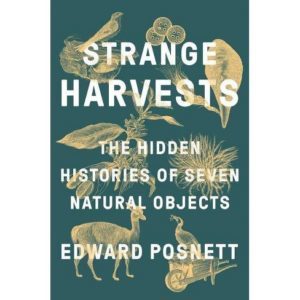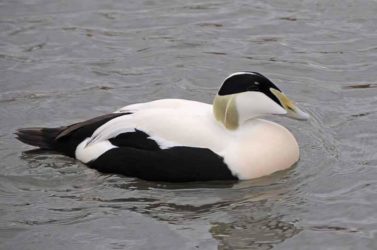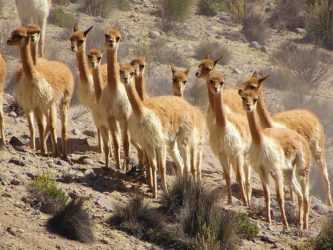Loved to death…
Author: Edward Posnett
 We destroy what we love most. There may be no better way to sum up the last hundred years of human civilization. Seemingly without exception, humanity finds a way to ruin the gifts that Mother Nature has bestowed on us. From the foods we eat to the natural resources we rely on, we seem hell bent on destruction at every opportunity. Sustainability has become an important concept that might help us try and contain this human tendency, but it couldn’t be clearer that it goes against every instinct that modern humans possess. But maybe there’s hope. Maybe, just maybe, there might be places on Earth where humans have found a way to enjoy nature’s bounty in a way that is mutually sustainable and beneficial for humans and the environment around us.
We destroy what we love most. There may be no better way to sum up the last hundred years of human civilization. Seemingly without exception, humanity finds a way to ruin the gifts that Mother Nature has bestowed on us. From the foods we eat to the natural resources we rely on, we seem hell bent on destruction at every opportunity. Sustainability has become an important concept that might help us try and contain this human tendency, but it couldn’t be clearer that it goes against every instinct that modern humans possess. But maybe there’s hope. Maybe, just maybe, there might be places on Earth where humans have found a way to enjoy nature’s bounty in a way that is mutually sustainable and beneficial for humans and the environment around us.
It was with this somber and idealistic mindset that a former financial services worker named Edward Posnett set out to explore some of the oddest commodities in the world. Maybe if he searched far and wide he could find a place where sustainability is more than just a feel-good catch phrase. A long shot to be sure, but no matter where you sit on the scale of ecological optimism, Strange Harvests makes for interesting and entertaining reading.
It all started with eiderdown. One of the most effective insulating substances known, eiders – common sea ducks that frequent the frigid waters of the northern hemisphere – use it to line their nests. Humans have capitalized on its insulating qualities for centuries and in some northern countries it’s a commercially important product. The nice thing about it is that if you wait until the birds are done with it, having raised their brood and left the nest behind, you can collect it without harming them. Posnett visits Ísafjörður, a town in northwest Iceland, where they’ve been harvesting the finest down in the world for centuries. He delves deeply into the cooperative relationship between the birds and the human harvesters, eventually penning an award-winning essay that inspired him to explore other topics.
Fully motivated, Posnett goes on to explore six other equally odd commodities. You may have never consumed or used any of these products personally – they include edible birds’ nests, civet coffee, sea silk, vicuña fiber, tagua palm seeds and guano – but each one is quite commercially important in various regions of the world. He devotes a chapter to each item, traveling the globe to learn more about them. There’s a bit of a Holy Grail vibe to the entire endeavor as he searches for a seemingly elusive sustainability, sometimes coming tantalizingly close.
Early on the author’s idealism seemed hopelessly naïve, but as the story developed I found myself becoming more sympathetic to his cause. His quiet and thoughtful writing style gradually drew me in, making me increasingly interested in his personal journey, as he tried to decrease his footprint, hoping that with the proper inspiration, others could eventually do the same.
A uniquely quiet and pensive critique of uncontrolled capitalism, Strange Harvests is also interesting at a purely natural science level. Attentive science readers should come for the nice balance of natural history and personal journey; they should stay the thoughtful sociopolitical commentary.
— D. Driftless
Eider photo by Ross Elliott (CC BY 2.0)/vicuña photo by Marshallhenrie (CC BY-SA 4.0)
Check out Dave’s reviews of other books about the business of natural objects: The Feather Thief / The Dinosaur Artist
[AMAZONPRODUCTS asin=”0399562796″]
- Best Non-Fiction of 2016 - February 1, 2017
- Little Free Library Series — Savannah - May 22, 2015
- Little Free Library Series — Wyoming - November 30, 2014




